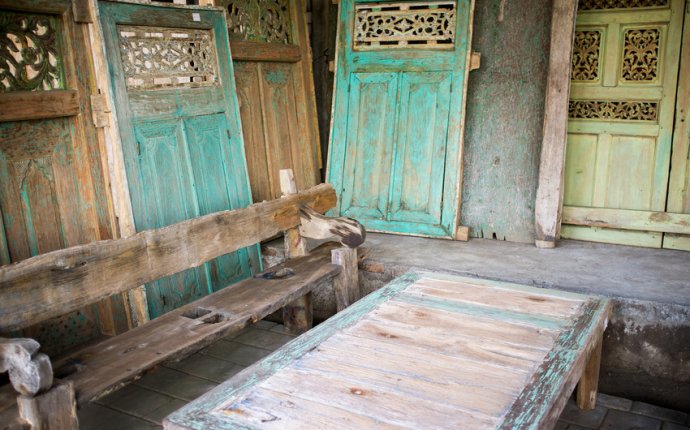
Antique Furniture to Sell
When you have an old item to sell and need quick cash, approaching a local antiques dealer - whether in a standalone shop or an antiques mall - can offer an easy solution if you're not interested in trying out a local online venue like Craigslist. Selling locally saves you from paying fees to sell online, collecting payments check and credit card payments from buyers, and all the hassles associated with packing and shipping.
And, of course, worrying about items getting damaged in transit is also a consideration if they’re particularly fragile.
Knowing what to do, and what to expect, before you approach a dealer can make a big difference in how well your deal goes down. Peruse the following tips for some hints to prepare you for a successful sale to an antique dealer in your own hometown.
Do Your Research Beforehand
Don’t expect an antique dealer to tell you everything you need to know about your antique before buying it from you. That’s not going to happen. They’re not keen on giving evaluations away for free, and have probably been burned before by people who took advantage of their knowledge in the past. It's quite a slap in the dealer's face when someone takes up their time as a potential seller only to walk away with the item intent to sell it elsewhere.
Also, if you go into the shop not knowing anything about what you have, or a bit about how much it’s worth, you’re potentially cheating yourself out of a lot of money.
Do some research to determine the value before you ever attempt to sell an antique. Be sure to evaluate the condition of the piece closely, too, since that has a major impact on how much it will be worth.
Expect to Get 25 to 50 Percent of the Retail Price
After doing that all-important pricing research and honestly assessing the condition, you’ll be walking into the dealer’s shop with a ballpark estimate of much your item is worth.
That's great. But don’t be surprised when they’re only willing to pay 25 to 50 percent of what you've deemed the current market value.
Shop owners have overhead expenses, those selling online as well, and they often have to wait months or even years for the right customer willing to pay top dollar to come along. You’re getting the benefit of quick cash with minimal hassle, and there’s a price to pay for that.
Be Prepared to State Your Price
Many antiques dealers require the seller to state their asking price as a starting point for negotiation. Walk into the shop knowing the least you’re willing to take for the item you’re looking to sell. You can start negotiations a little above that to see how high the dealer is willing to go.









